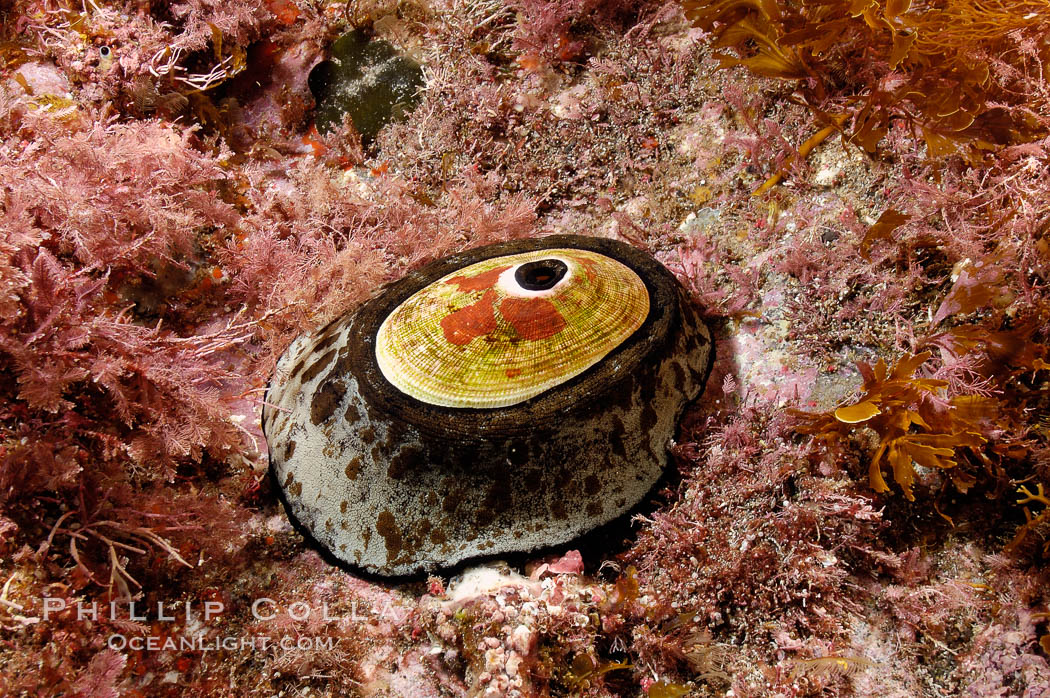Will Soltau is Sustainable Fisheries and Salmon Farming Campaign Manager for Living Oceans Society.
I started out to write an Overlooked Species Theater piece about the lowly limpet. But as it unfolded, it became more about overlooked habitat.
The recent re-write of the habitat provisions in our Fisheries Act have been bugging me a lot lately. And I'm not the only one. Justice Cohen took a swipe at the federal government in his report on declining returns of sockeye salmon to the Fraser River. And just the other day the Environment Commissioner wrote, “The Department (of Fisheries and Oceans) has stated that it has not yet fully determined the impact of the changes.” My heartburn comes partly because the changes to habitat protection were wrapped up in an Omnibus Budget Bill and crammed down our collective throats. But it's also because the kind of thinking that only values economic determinants is really short sighted and doesn't make any ecological sense.
According to this type of thinking, the habitat utilized by species important to aboriginal, commercial and recreational fisheries – those with economic value - will remain protected. I think it is entirely possible that, sometime in the future those fisheries with value today could, for some unforeseen reasons, become less valuable in the future. Does that mean they are less important and no longer worthy of habitat protection? And more importantly, I am very sure that species considered to be unimportant today may become extremely important in the future. Examples of this abound and I think there will be more in the future.
Take the lowly limpet for instance. Looking just south of our border the Giant Keyhole Limpet had no commercial value until just recently when it was found to contain a substance very important to the medical field for possible cancer vaccines. Since the substance couldn't be replicated chemically the limpet became so important that it's now in danger of becoming endangered as a victim of overfishing.
There is a lot of new research finding that heretofore unimportant and often undesirable sea creatures can play important roles in the future of our human existence. Isn't protecting habitat for these species just as important as protecting habitat for commercial, recreational and aboriginal fisheries?


No comments:
Post a Comment